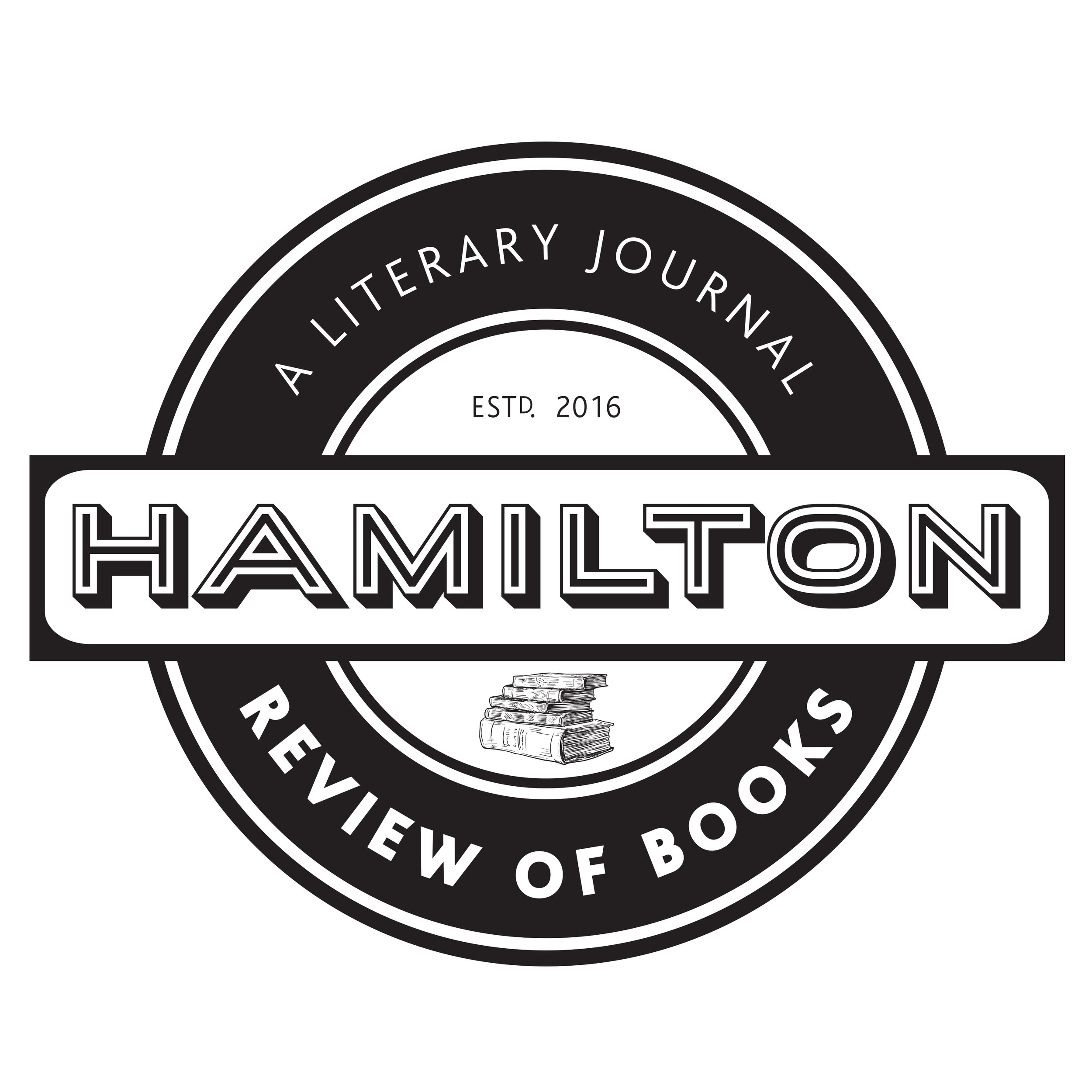Lynn Crosbie. The Corpses of the Future. House of Anansi. $19.95, 160 pp., ISBN: 9781487000905
A Review of Lynn Crosbie's The Corpses of the Future
Review by Bernadette Rule
If we are lucky enough to get to keep our parents into our adult lives, many of us will be fated to witness their decline. And if that decline includes dementia, there's a special brand of torture involved. Lynn Crosbie's latest book of poems, The Corpses of the Future, delineates that torture. It is a long, raw keening against the loss of her father, with whom she has shared a passionate relationship, obviously for her whole life.
This is confessional, narrative poetry. A single poem often contains several sometimes confusing “plotlines” as Crosbie tries to navigate the present as well as the past — both her own and that of her parents. Her dog Francis, who is named for her father, is dying of cancer during the period in which the poems are written. This double helping of suffering often drives the narrator into serious depression — the not getting out of bed variety — until it seems at times as if poetry is all she has. It provides a means of coping with, examining and even reflecting her current reality: "We also talked about dementia, which I said was, like poetry, a different, highly symbolic way of speaking (“Snowbird”)."
The fragmentation of the poems, the layered and often unfinished nature of many of the narrative threads, can leave the reader frustrated, in a pale imitation of the way the narrator is frustrated as she tries to gather the threads that are unravelling around her. Her father's dementia, and the paranoia it inspires, are robbing her of him. So she remembers him. Fiercely. Finds metaphors to fasten who he is/was into place:
I'll let you go, he says before hanging up, although he never has.
Dad, you are a fir tree forest in Michoacán, where the monarchs
fly to at the end of the summer.
In fall, they fill the coves, sometimes lifting off
In a gaudy, moving mass of colour,
Then rest again, contented that you are steadfast,
that you are here. (“The Bruise”)
Such metaphors show Crosbie at her best. My favourite is in a poem near the end of the book which is entitled “My Loneliness Evolves." In it her father has one of his rare lucid days, knowing them all, as if he has just returned from a distant land. Crosbie notes that the dementia is like a sea that covers her whale of a father, only showing them glimpses now and then, as they gaze and gaze, longing for him to breach "filling the room with the wonder of his size and beauty." This is a masterful image, a feeling that anyone who has wrestled with dementia in a loved one knows all too well.
The book chronicles roughly two years of Crosbie's father's dementia, and eventual blindness as well. The narrator visits — even climbing into bed with him at times — or phones as often as possible, as do her brother and sister. Her mother is a constant presence. There are tears, arguments, pleas, jokes, but always outrage at what is happening. Crosbie finally ends her poetic record, not for lack of more things to say about her father — "that will never happen" — but simply to leave him be.
Late December
It seems so long since my brother and I visited you at the Jewish General,
Since you waved your hands and conjured a barn filled with people, assembled for
the Pray-down.
You were more my father then, and less: each day your sweetness lands like a hand
on my small back, holds me in the crèche of your arms.
Mom does not talk about private things, but chokes on tears. I miss my Dougie, she
says, and clams up.
You had wanted to go to art school, which was preposterous to all concerned. Still,
you drew and worked in different mediums;
Brought home cork balls from your father's machinist shop,
One of which you carved into a face—is it your face?--and coloured in with fine,
near-psychedelic lines.
Made a collage of paper triangles, stained-glass windows and lamps, the origami
flowers.
Smaller things, three pears in a blue bowl on the kitchen windowsill, glowing.
Every time I reach the top of the stairs, I grab your painted head and kiss it.
It is the memory of the pears' inner light and a child's first bouquet, no--
It is all the little things, like bees, that terrorize, so improbably; how lopsided
angels become airborne.
Bernadette Rule has had seven collections of poetry published, most recently Earth Day in Leith Churchyard: Poems in Search of Tom Thomson, from Seraphim Editions. Her work has won the Eden Mills Poetry Prize, the Short Works Prize for Poetry, and the Short Works Prize for Creative Non-Fiction. She is also a nominee for the 2017 Hamilton Arts Award for Writing.


